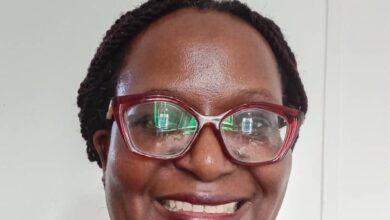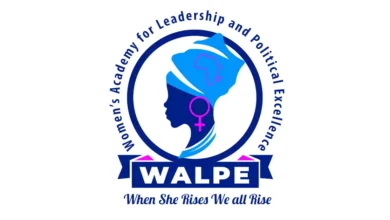Teacher crisis in Matabeleland: Demand for urgent deployment reforms

Peter Moyo
Members of Parliament from Matabeleland have raised alarm over the persistent and severe shortage of teachers in rural schools across the region, warning that the current deployment system is worsening educational inequality.
During a parliamentary sitting on April 2, 2025, Hon. Lwazi Sibanda (Binga North) led calls for urgent reform, revealing that some schools in Binga are being run by just a single teacher covering multiple grades. He lamented the widespread practice of deploying teachers trained in Matabeleland to other provinces, which he said leaves local schools drastically understaffed.
“Our communities are training teachers who are then deployed to other areas. Meanwhile, our children go without basic education,” said Hon. Sibanda. He added that learners in schools like those in Binga, Tsholotsho, Lupane, and Nkayi are being taught in mixed classes due to staff shortages.
Hon. Jasmine Toffa (Bulawayo Proportional Representation) echoed the concerns, stating, “In Bulawayo, there is now an 85:15 ratio of non-Ndebele to Ndebele-speaking teachers. How are our children supposed to understand their teachers in early childhood development classes?”
Hon. Edgar Moyo, the Deputy Minister of Primary and Secondary Education, acknowledged the deployment imbalance and said that while the Ministry has decentralized teacher recruitment to provincial and district levels, challenges remain. He cited staff shortages at provincial offices and limited accommodation in rural areas as major bottlenecks.
He also confirmed that the Ministry is revisiting the teacher deployment policy and hinted at the introduction of incentives to attract teachers to rural areas.
MPs across the political divide demanded that the Ministry present a clear and revised teacher deployment framework. The matter was referred to the Parliamentary Portfolio Committee on Education, with a directive for the Ministry to report back by the end of June 2025.
“The crisis in Matebeleland is not just about numbers—it’s about fairness, identity, and the right to learn in one’s language,” said Hon. Sibanda (Lupane East).





